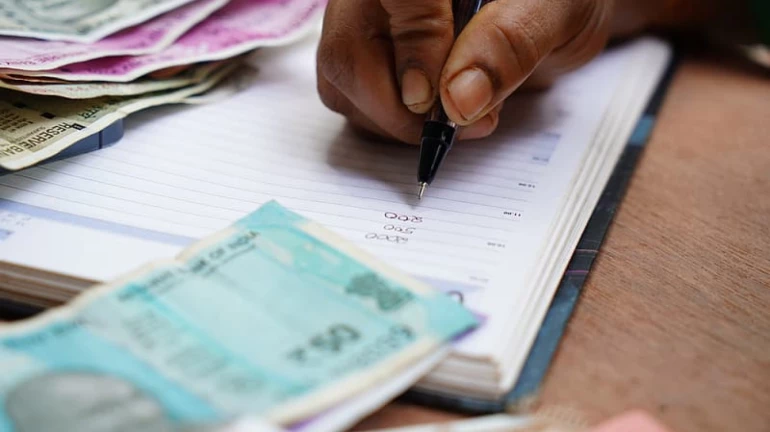
In a decisive administrative move, the Maharashtra government has deputed twelve senior officers across five district collectorates to expedite the recovery of financial penalties imposed by the Maharashtra Real Estate Regulatory Authority (MahaRERA). The initiative has been undertaken to address the large volume of unpaid dues, which have accumulated over the years despite regulatory efforts. The recovery task has been distributed across key urban regions, with the highest concentration of unpaid penalties reported from Pune district and the Mumbai Metropolitan Region, which includes Mumbai city, Mumbai suburbs, Thane, Palghar, and Raigad. Of the total fines amounting to ₹912.11 crore imposed by MahaRERA, only ₹222 crore has been recovered so far, leaving a substantial ₹689.56 crore still pending.
The issue had been brought up during the recent budget session of the Maharashtra state legislature, where minister Chandrashekhar Bawankule had assured elected representatives that urgent steps would be taken to ensure the recovery process was strengthened. In response to this assurance, designated officers have now been appointed with the mandate to implement recovery measures under the provisions of the MahaRERA Act.
Specific appointments have been made to handle the backlog. In Mumbai city, both a resident deputy collector and an additional collector have been assigned recovery responsibilities. In the Mumbai suburbs, two additional collectors have been tasked with enforcement. Similarly, Thane district will see both the additional collector and the resident deputy collector working jointly on these matters. For Palghar and Raigad, two additional collectors have been designated to carry out the recovery process. The authority to carry out such recoveries is granted under Section 40(1) of the MahaRERA Act. This legal provision empowers officials to issue recovery warrants for the attachment of builder-owned flats and properties, and, if required, to recover dues from flat purchasers as well. Although 1,342 recovery warrants have been issued by MahaRERA till date, only 316 of these have been successfully executed, indicating a historically sluggish implementation of the recovery mechanism.
MahaRERA, which was established after Maharashtra became the first state in India to implement the Real Estate (Regulation and Development) Act, has the powers of a civil court. The regulatory body is currently led by retired senior civil service officials, including former chief secretaries of the state. With the new officers in place, the recovery process is expected to gain momentum, ensuring that defaulting real estate developers are held accountable and that regulatory enforcement under MahaRERA becomes more effective in the coming months.
